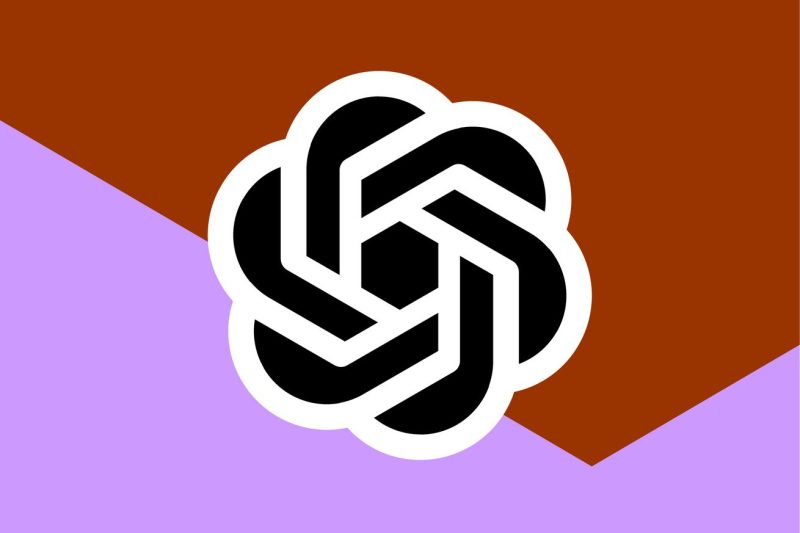
OpenAI Shuns Watermarking for ChatGPT Text to Keep Users Unbowed and Uncaught.
In the fast-evolving landscape of artificial intelligence (AI), OpenAI has decided not to watermark ChatGPT text, citing concerns over potential user privacy and security risks. This decision reflects OpenAI’s commitment to balancing innovation with ethical considerations in the development of AI technologies. Despite the practical benefits that come with watermarking text generated by AI language models, OpenAI recognizes the complex trade-offs involved in implementing such a feature.
The issue of watermarking AI-generated content has raised significant debate within the AI community. On one hand, watermarking can serve as a crucial tool for tracing the origin of text and mitigating risks related to misinformation and intellectual property theft. By embedding unique identifiers in generated text, developers can more effectively track the spread of content and hold users accountable for their actions. This approach can be particularly valuable in settings where AI-generated text is deployed for commercial or legal purposes.
However, the decision not to watermark ChatGPT text reflects OpenAI’s careful consideration of the potential drawbacks of such a strategy. Watermarking text could compromise user privacy and expose individuals to unintended consequences, especially in cases where sensitive information is involved. Moreover, watermarking may deter users from engaging with AI models out of fear of being identified or monitored, thereby limiting the widespread adoption of AI technologies for creative and communicative purposes.
By prioritizing user privacy and autonomy, OpenAI seeks to foster a more inclusive and responsible AI ecosystem. The organization’s approach underscores the importance of upholding ethical principles in AI development and deployment, even as technological capabilities continue to advance. This decision not only reflects OpenAI’s ethical stance but also highlights the broader ethical considerations that shape the future of AI research and innovation.
In conclusion, OpenAI’s choice not to watermark ChatGPT text illustrates the nuanced challenges and ethical dilemmas that accompany the development of AI technologies. By navigating these complexities with care and foresight, OpenAI sets a precedent for responsible AI governance and user-centered design. As AI continues to permeate various aspects of our lives, it is crucial to uphold values of transparency, privacy, and accountability in AI development practices. Ultimately, the decision not to watermark ChatGPT text represents a thoughtful response to the evolving landscape of AI ethics and underscores the need for continued dialogue and collaboration in shaping the future of artificial intelligence.
